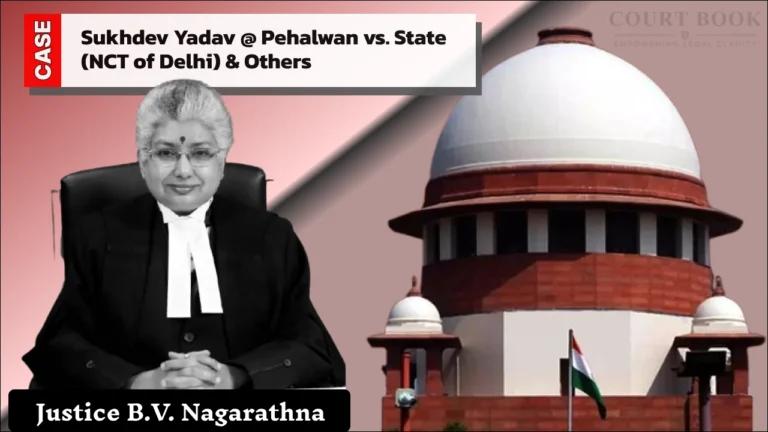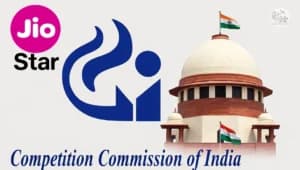The Supreme Court, in a judgment authored by Justice B.V. Nagarathna, has clarified that when a court fixes a life sentence for a specific term -such as 20 years of actual imprisonment without remission - the convict is entitled to release upon completing that term, provided no other case is pending.
The case involved Sukhdev Yadav, convicted in the 2002 Nitish Katara murder case under Sections 302, 364, and 201 of the Indian Penal Code. In 2015, the Delhi High Court enhanced his sentence to life imprisonment, fixed at 20 years of actual incarceration without remission, along with a fine of ₹10,000. This sentence was upheld by the Supreme Court, with a minor modification.
Yadav completed his 20-year term on 9 March 2025. Despite this, the Delhi government argued he must seek remission before release, citing the nature of life imprisonment. The Court, however, distinguished between "remission" and "completion of sentence."
"Once the fixed term of imprisonment is served in full, the convict is entitled to release without seeking remission," the Bench observed, emphasising that the High Court’s order fixing 20 years was final and binding.
Read also:- Supreme Court Recalls Order in Alleged Fraudulent Property Settlement Case
The Court noted that remission applies when a sentence is incomplete, allowing early release under statutory or constitutional powers. In contrast, a fixed-term sentence, once completed, ends the imprisonment without executive discretion.
While granting Yadav furlough earlier in June 2025 for three months, the Court made it clear that his release was a legal consequence of sentence completion, not a concession.
This ruling reaffirms that judicially fixed-term life sentences must be honoured as imposed, ensuring convicts are neither detained beyond their term nor forced into unnecessary remission proceedings.
Case Title:- Sukhdev Yadav @ Pehalwan vs. State (NCT of Delhi) & Others















